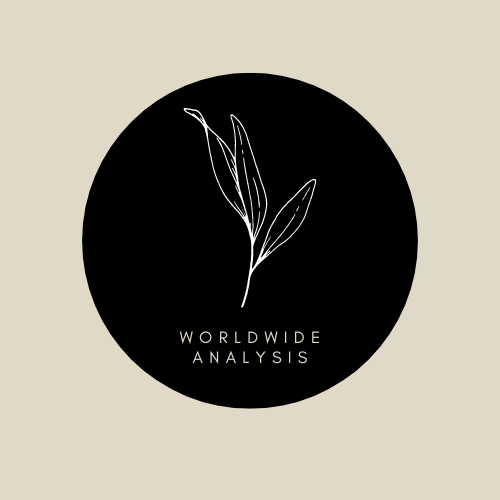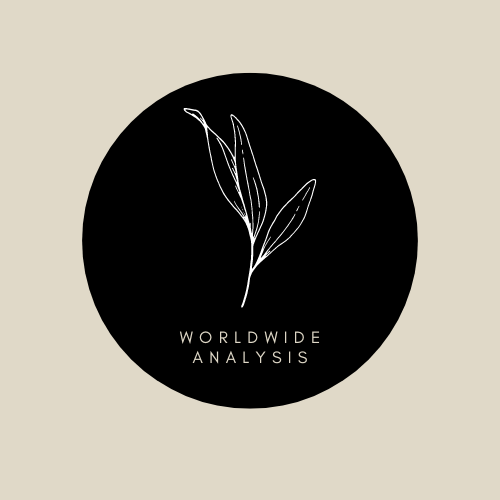The value of the global industrial hemp market in 2021 was $,4452.0 million, and with a CAGR of 33.7% from 2021 to 2030, it is expected to reach $60,682.8 million. Hemp belongs to the same flora species as cannabis. The only distinguishing feature is that it contains low levels of tetrahydrocannabinol (THC). According to the U.S. 2018 farm law, hemp is not considered cannabis if it contains 0.3% or less THC.
Hemp cultivation is permitted in 36 countries globally, and the crop is expected to cater to the increasing bast fiber demand for high-quality textiles. Selling hemp and hemp products is legal in the U.S., as numerous states have legalized its farming. Moreover, Canada has focused on hemp cultivation for seed production, as it is widely used in the food and cosmetics industries. Recently, it also started to utilize this crop for building materials, insulation, and composites. China exports hemp fibers to Europe and Northern America.
Get More Insights: Industrial Hemp Market Revenue Estimation and Growth Forecast Report
Since the legalization of industrial hemp cultivation, a surge in the industrial hemp market size is being witnessed. In the U.S., hemp with less than 0.3% THC has been removed from the controlled substances definition. Similarly, the cultivation of cannabis varieties with less than 0.2% THC is legal in the European Union. The Chinese National Anti-Drug Committee also announced in 2019 that CBD is not a controlled drug anymore and removed it from the narcotic drugs list. Further, cannabis with 0.3% or less THC can be grown in certain regions of China.
The food industry dominated the industrial hemp market in 2021, accounting for more than 25% share. Hemp is utilized as a source of fiber and oil seeds in various industrial products. That’s why industrial hemp is grown as an agricultural commodity in more than 25 countries. For more than 5,000 years, hemp seeds and oil have been used in the human diet in APAC and Europe. Butter pastes, non-dairy milk, non-dairy cheeses, non-soy tofu, salad oils, and health bars are the major food products with hemp seeds and hemp oil.
The burgeoning usage of hemp in the pharmaceutical industry is a major industrial hemp market growth driver. There are numerous benefits of hemp, which allows it to be used to treat and mitigate various health conditions. Hemp contains a favorable omega-6-to-omega-3-PUFA ratio, which provides support in the treatment of cardiovascular diseases, lessens osteoporosis symptoms, and alleviates eczema symptoms. Moreover, CBD serves as an agent for the treatment of illnesses of the central nervous system, including epilepsy, multiple sclerosis, and neurodegenerative diseases.



